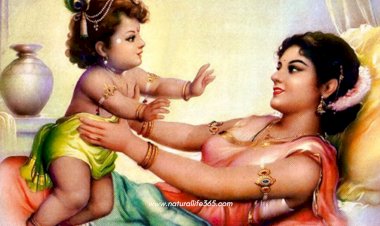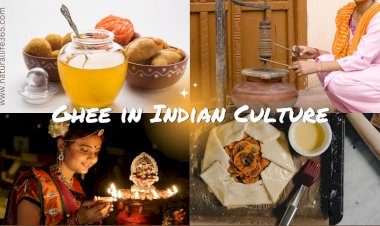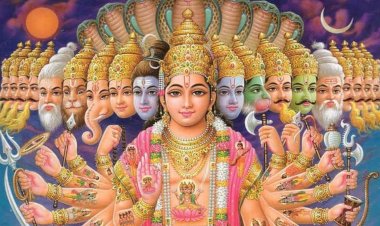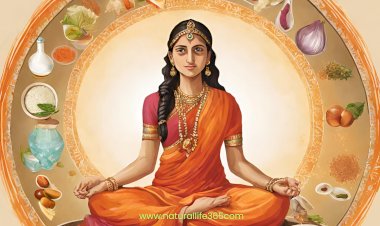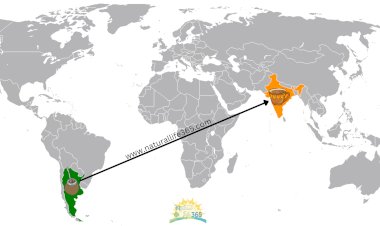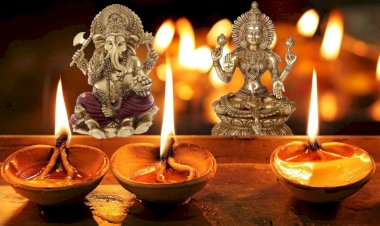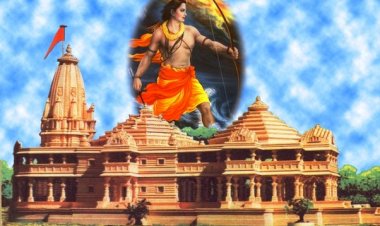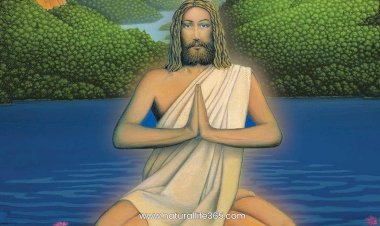6 Books You Must Read To Understand Hinduism
Unlock the depths of Hinduism with these 6 essential books. Gain profound insights into its spirituality and culture. Start your journey today!
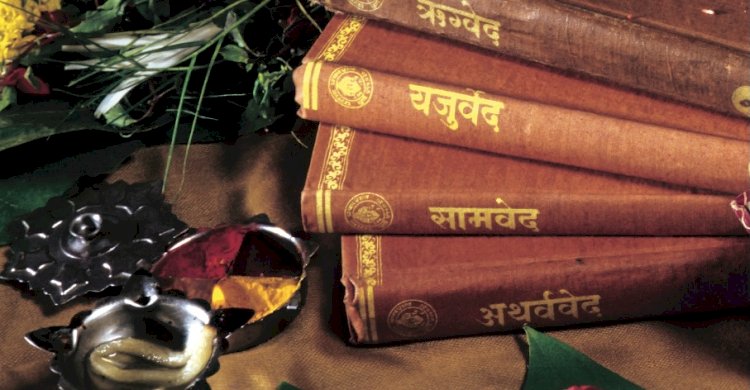
When I began to investigate more deeply about Hinduism, I discovered a world that I wanted to stay in, why? Because Hinduism has no real rules like Christianity or Islam. This can be very confusing for many people who are perhaps looking for alternatives in the spiritual world or perhaps just out of curiosity.
When I say that Hinduism does not have "real rules" I mean that we are facing a "religion" of free form, i.e., it is not an organized religion like the Catholics have their Pope in the Vatican. Swami Vivekananda said that Hinduism is “the accumulated treasury of spiritual laws discovered by different people at different times”. This means that Hinduism also does not have a single holy book like Muslims have the Quran and Catholics have the Bible, in Hinduism, you will find many holy books written by different scholars and philosophers.
And it is that since its inception, Hinduism has been a religion based on philosophical debate and the search for truth without putting barriers in that search. You even have permission and the right to seek that truth in other sacred scriptures of other religions because the main thing is to find your own spiritual path. Thus, in Hinduism there is no "baptism", and there are no initiation rituals to be a Hindu, i.e., there is no conversion.
But those who are interested in "researching" more about Hinduism, may be overwhelmed by the number of scriptures that they will find on their way. However, some of these books became more popular than others and came to define the culture and religion we know today as Hinduism.
If you are interested in knowing the most important aspects of the oldest religion in history, this reading list is for you!
You can also read Differentiating Spiritual Living from Religious Practice

The Vedas
The Vedas are the oldest popular scriptures and existed even before the written language was popular among the wealthy. Some scholars say they are from the year 1500 BC!
There are four Vedas:
- Rigveda: a collection of verses in Sanskrit.
- Samaveda: devotional songs.
- Yajurveda: mantras and blessings to use during ceremonies.
- Atharvaveda: hymns.
Upanishads
While the Vedas provided a basis for the direction of Hinduism, the Upanishads filled in the gaps. Written between 800 and 400 BC, the aim of this book was to delve into philosophy and how a practitioner could attain enlightenment. This is also when the idea of karma was written into the text.
Puranas
These post-Vedic texts contain a comprehensive discussion of the history of the universe and its creation/destruction, family ties to the gods/goddesses, and a description of Hindu cosmology and world history.
Ramayana
The Ramayana is a moving love story with moral and spiritual metaphors that has a deep appeal in India to this day. It describes how Rama got his wife back from the evil demon king and saved the world from destruction.
Mahabharata
One of the most popular and cited Hindu texts, it tells the story of a family at war and the rightful heir to the kingdom. The book is covered with deep metaphors and symbolism that leave very good teaching. The author, the sage Vyasa, wrote it from a historical background but embellished certain parts to create spiritual lessons and motifs.
The Bhagavad Gita
Although the Bhagavad Gita is contained in the Mahabharata, it could easily be said to be the most popular part of the book and definitely deserves its own separate list in this article. This is the final epic showdown between the warring families and leads to Arjuna's enlightenment and revelation under the watchful eye of Krishna.
Each of these books deserves a separate full article so that those who seek more accurate information about it can better understand it.
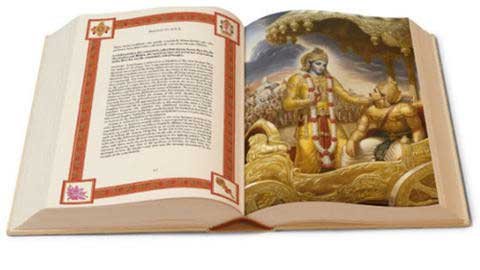
I hope you liked today's post ![]()
Have you ever heard of any of these holy books before? And if you have already read some, what is your opinion about them? Let me know in the comments ![]()
You can also read Teachings of Hinduism
If you value these free online resources provided by Natural Life 365, please consider supporting my website by sharing the blogs![]()
DISCLAIMER:
Some of the links in this content may be affiliate links. This means that if you click on one of the links and make a purchase, I may receive a commission (at no extra charge to you). However, I only recommend products that I personally use and have tested myself. Also, understand that I have taken reasonable steps to ensure that the information on this content is accurate, but I cannot represent that the website(s) mentioned in this post are free from errors. Please, check the Affiliate Disclosure at the bottom of this website.












